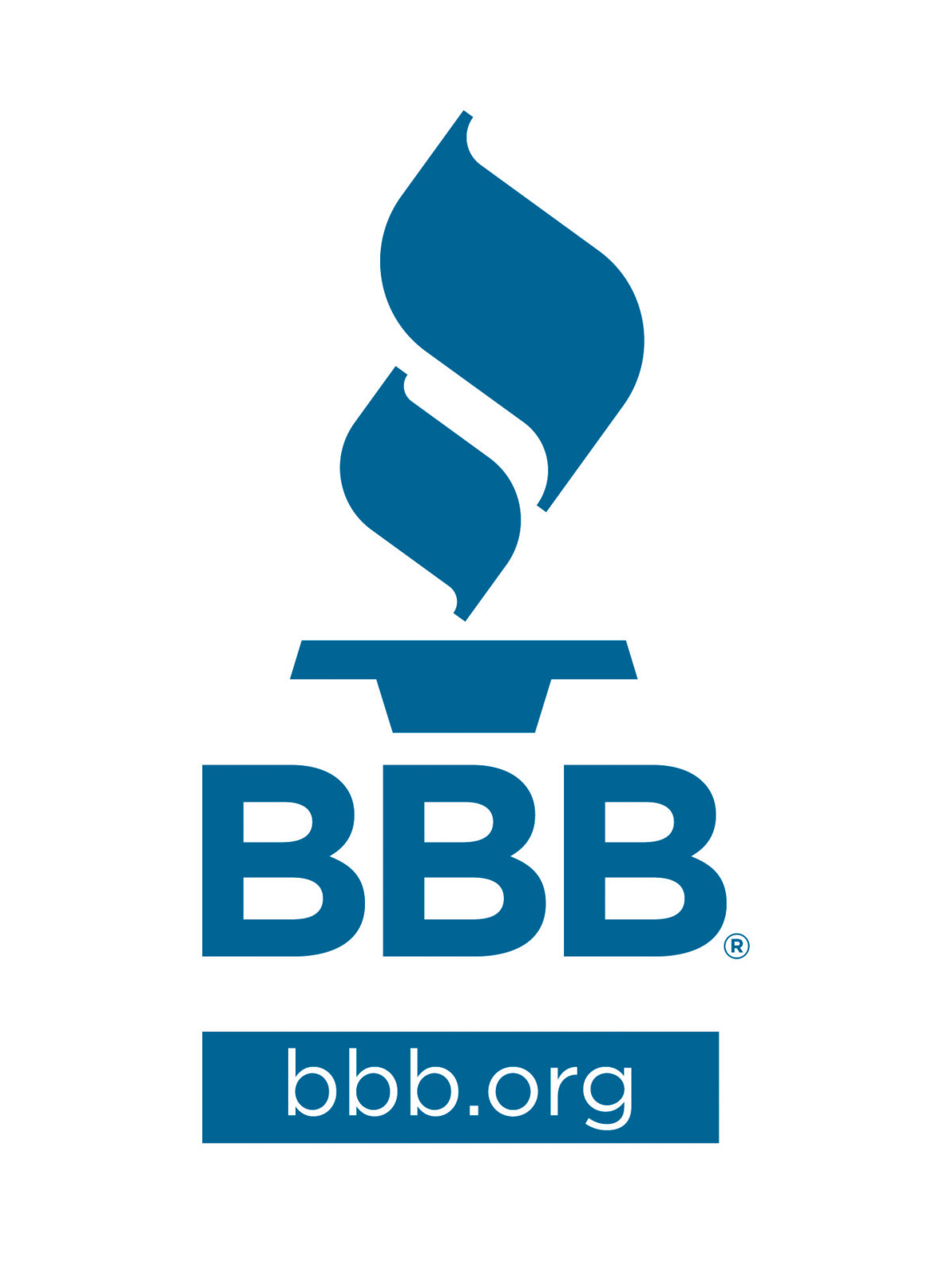
Written by Better Business Bureau
Email phishing scams are nothing new, but scammers are getting more creative when targeting business owners.
Fake emails about patent or trademark renewals are landing in the email inboxes of small business owners. These urgent emails pressure business owners to act now and use the email sender’s “business services” to resolve the matter or face hefty potential fines and lawsuits.
How this scam works
You receive an urgent email from a company stating that your business or nonprofit has not properly trademarked its name or brand with the United States Patent and Trademark Office (USPTO). In fact, you’re told that another organization is currently trying to register itself using your organization’s name. The email claims that if you don’t respond in 24 hours, you will forfeit your legal right to your organization or brand’s name.
The email then states that if you don’t act now, you may need to pay substantial monetary damages, with lawsuits costing up to $750,000. The company emailing you leaves its contact information and says that if you respond, you can get the matter resolved right away.
If you don’t reply to this first email, you may receive a second “final attempt to contact you” email from the same company. Again, the email is urgent and asks you to respond to investigate the matter.
BBB Scam Tracker has received reports of phishing emails targeting business owners about trademark infringement. One consumer recently shared, “This company emailed me…twice in the past two days trying to convince me that our nonprofit has not Trademarked our name and suggested that another organization was in the process of trying to register themselves using our name…However, our organization’s name is indeed Trademarked by the USPTO, so their email is clearly a scam, trying to convince us to spend money with them to protect our organization’s legal name.”
How to avoid similar scams
— Verify the information on your own or get a second opinion. If you receive an email saying your trademark or patent is not registered correctly, confirm the information first. Do not respond to the email. Visit the USPTO website and search for your business’s patent or trademark. If you want a second opinion, look for trusted trademark attorneys on BBB.org.
— Think twice before responding to urgent emails you aren’t expecting. Urgent communications that want to scare you into acting now are red flags for scams. To spot a phony email, look at the sender’s email address. If it’s unrecognizable or doesn’t make sense, don’t trust it. If the email is poorly written and/or includes questionable links or attachments, don’t click on them and delete the email.
— Never give up your business information to a stranger. Whether you’re communicating via email, phone, or text, never provide your business’s personal or financial information to someone you haven’t met. Stop communicating with anyone who urgently demands you provide this information.
— Watch out for USPTO impersonation scams, too. The USPTO says that scammers often pretend to impersonate them and use publicly available information to be very convincing. USPTO will never ask you for your personal or payment information over the phone, in an email, or text, and they do not require payment via check or money order to third-party addresses. Read more from USPTO about recognizing common impersonation scams and what to do if you’ve been scammed.
Read the full alert for more tips.





